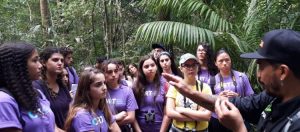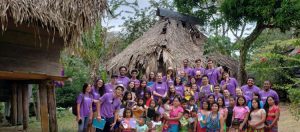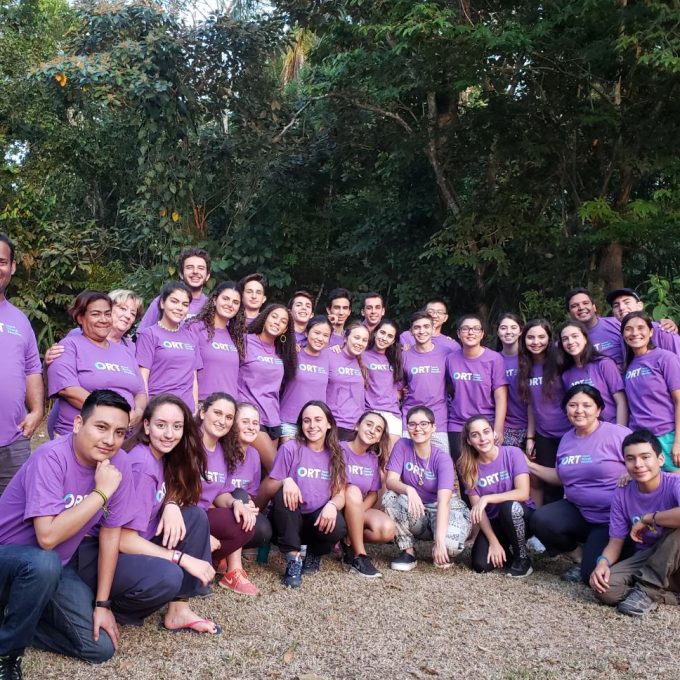ORT students are considering what consequences climate change and the Green economy could have on their lives
The likely effects of climate change are expected to lead to significant changes in our lifestyles over the coming years.
As a society we will need to make tough decisions about the way we consume resources, and the value we place on our biodiversity and environmental conservation.
The Intergovernmental Panel on Climate Change (IPCC) published its special report into the impact of global warming four months ago. The committee called for “rapid and far-reaching” changes to energy production, farming, buildings and transport, in order to reduce carbon emissions to almost 50 per cent of the 2010 levels over the coming decade.
Looking ahead from the perspective of our schools, this means that we can also expect a shift towards the Green economy, greater investment in Green technologies and increased demand for people working in Green jobs.
So how can ORT stimulate our students to start preparing to take advantage of these opportunities and contribute positively to a better future?
We have provided an Ecology summer school for high school students from our network of schools in Latin America and Spain for the past four years. The program is based in Gamboa, a small community close to Panama City, which is also the home of the Smithsonian’s Tropical Research Institute.

As part of the Ecology Summer School, ORT students learn in Panama’s rainforest
Surrounded by lowland tropical forest, this base gives students easy access to a rich ecosystem that plays an important role as a biological corridor connecting two continents.
During the course of two weeks, the select group of students are trained to observe their surroundings, to become familiar with the biology of the ecosystem and to devise practical scientific research projects that can be carried out in small groups.
They collect and analyse data and are shown how to present their research both in writing and orally. Through these activities, these young people develop plenty of academic and non-cognitive skills, but they also gain a deeper understanding of the complexity and interdependence of living things.
Visits to the cloud forests of the Altos de Campana National Park, the marine labs on both the Atlantic and Pacific coasts (including research on the impact of a major oil spill in 1986) during the summer school help to open their eyes and their minds as they experience some of the most beautiful, but also some of the most vulnerable, places in the world. Throughout the learning journey, the students are guided by leading Panamanian ecologist Guido Berguido, founder of the conservation charity Adopta.
One of the most popular highlights of the summer school is the visit the students make to spend time with the Embera indigenous people who live in close harmony with the rainforest but face significant social and economic challenges.

Meeting the Embera indiginous people
The humanitarian element is of critical importance to an inclusive Green economy. Our students should understand their obligation to work towards reducing inequality, preventing conflict and promoting health for all.
The number of students to benefit from this program is relatively small. They are hand-picked based on their scientific interest and ability, their commitment to conservation and their potential to share what they have learned and raise awareness of environmental issues once they return to their schools.
Although most of them will not become directly involved in scientific research careers we expect that their experiences in Panama will influence their decision-making in whichever field they choose to follow.
Our challenge now is to build a clearer picture of current practices for promoting awareness and understanding of environmental issues – including opportunities to better prepare students for the Green economy – and to make these available to all our schools.





